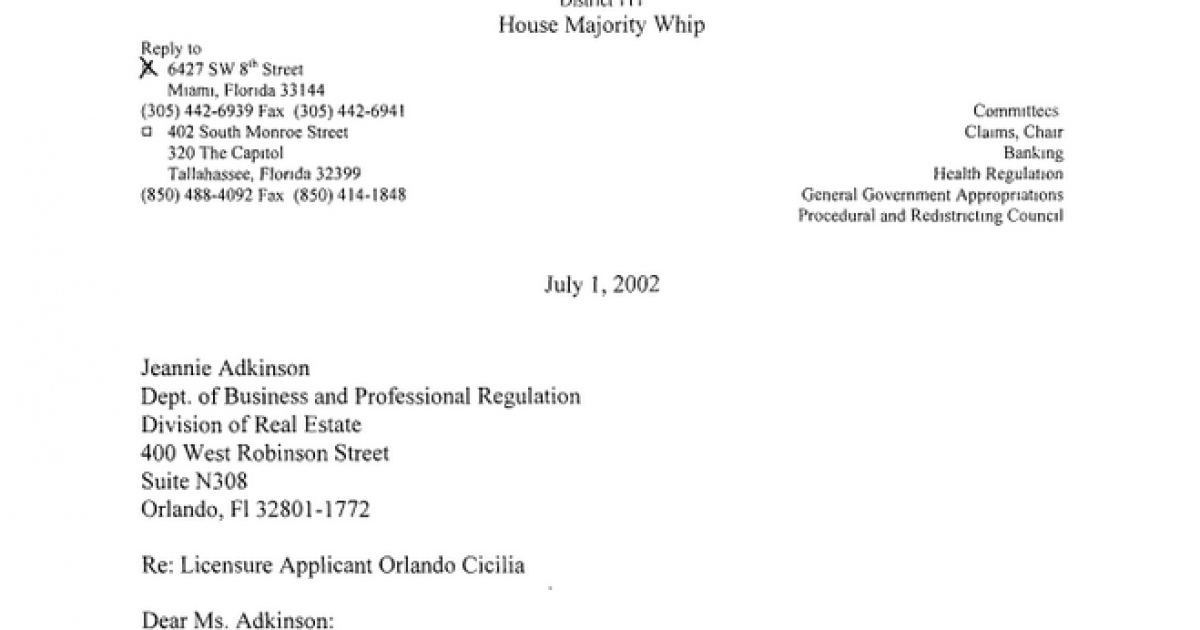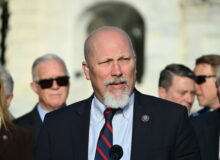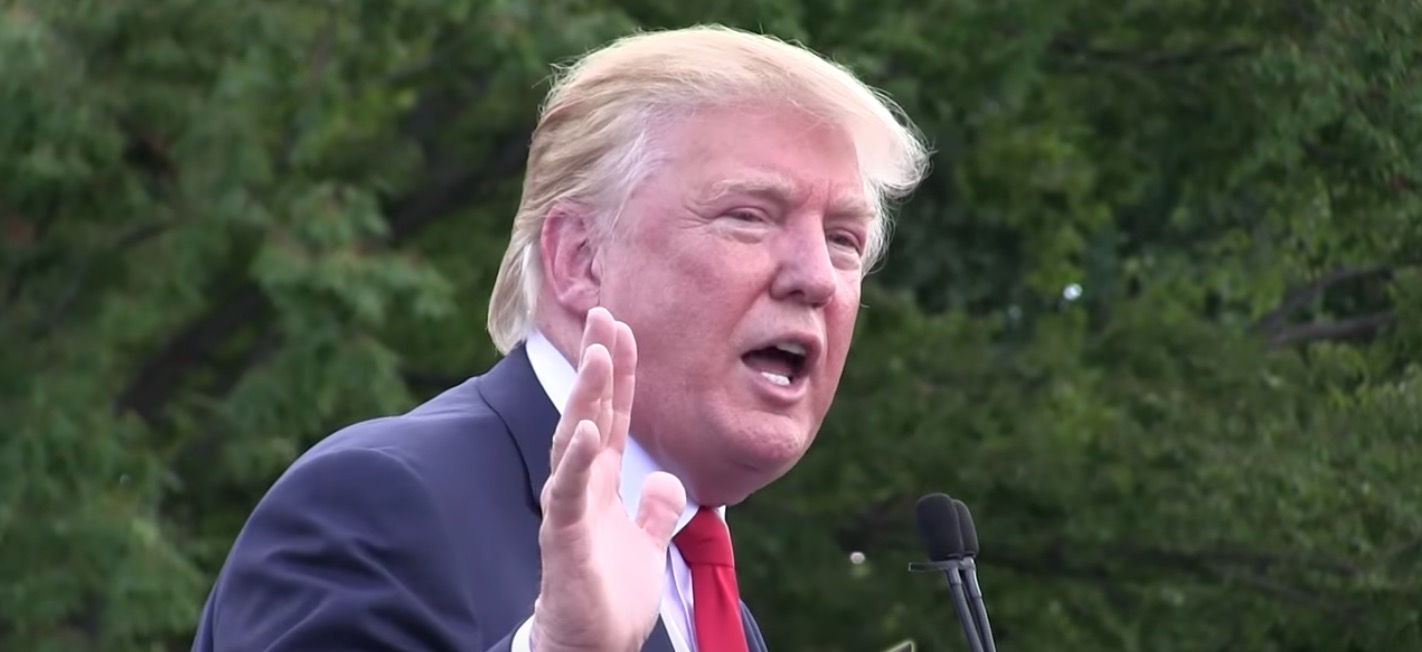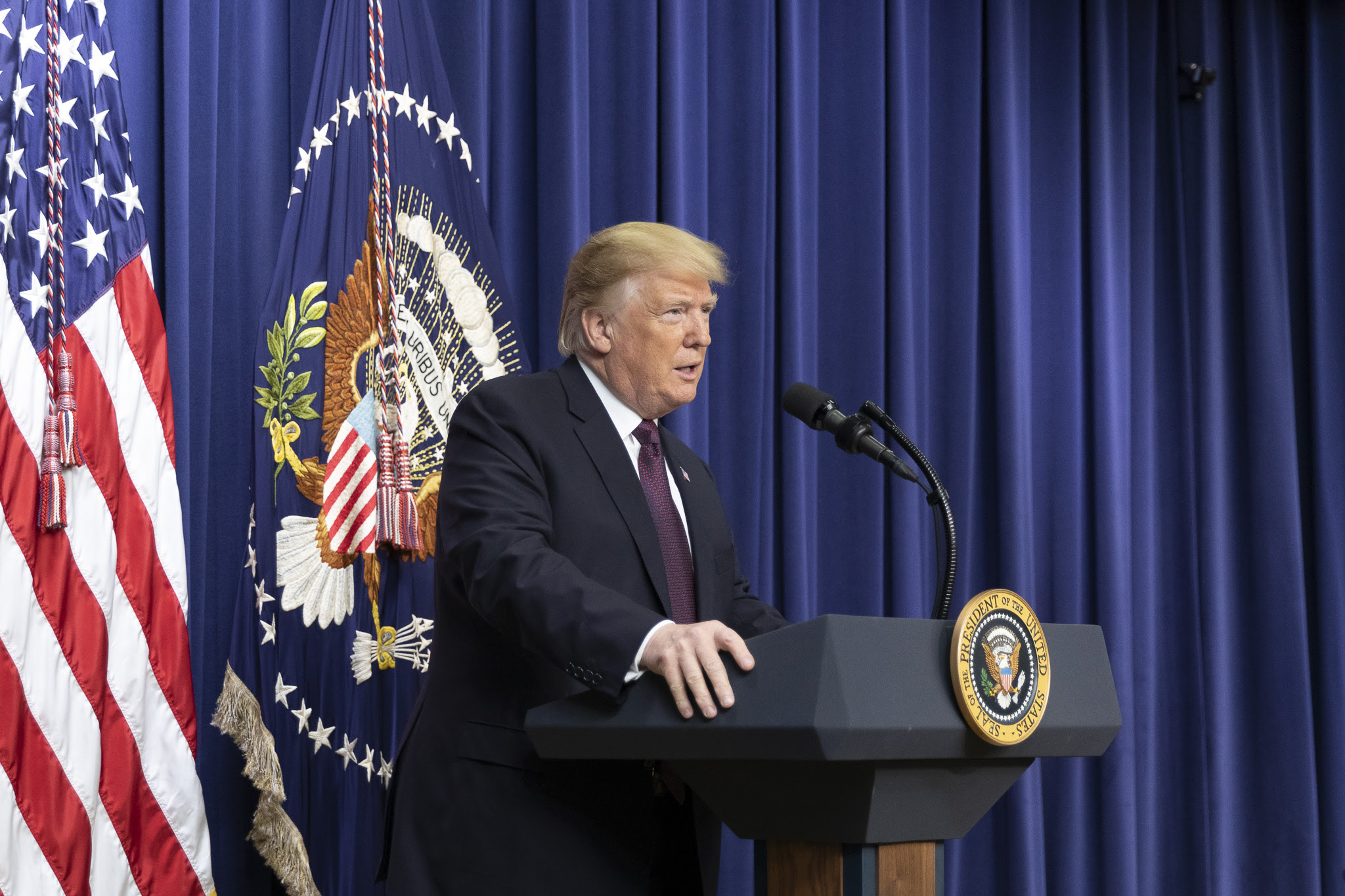A new report released by the Washington Post says Senator Marco Rubio (FL-R) helped his brother-in-law, who was convicted for cocaine trafficking, to receive his real estate license while he was the majority whip in the Florida House of Representatives.
Rubio’s brother-in-law served 12 months in jail for trafficking cocaine and was living with Rubio’s mother and father.On July 2002, Rubio sent a letter on his official statehouse stationery to the Florida Division of Real Estate recommending his brother-in-law Orland Cicilia “for licensure without reservation.”
The letter was obtained by the Washington Post under the Florida Public Records Act and it offers a glimpse of Rubio using his growing political power to assist his troubled brother-in-law.
Do you think the 2nd Amendment will be destroyed by the Biden Administration?(2)
In Rubio’s letter he did not disclose Mr. Cicilia was married to his sister Barbara. Nor did he mention he was a former cocaine dealer living in his parents West Miami home. He simply wrote he knew him “for over 25 years” and did not further elaborate.
Rubio has since avoided answering questions regards his relationship with his brother-in-law. He has also declined to say if he or his family received financial assistance from Cicilia who was convicted in a high-profile 1989 trial of distributing $15 million worth of cocaine. The federal government seized Cicilia’s home but the money was never found.
In regards to Cicilia, he still lives with Rubio’s mother and has even appeared at campaign event for his brother-in-law. Rubio’s campaign affiliated PACs and campaigns have paid Cicilia’s two sons more than $130,000 in the past decade.Rubio’s campaign adviser, Todd Harris, told the following to the Washington Post in an email:
Marco has recommended scores of Floridians for various professional positions and after Orlando paid his debt to society, Marco was happy to recommend him as well. He believed Orlando should be judged on his own merits and felt it would be highly inappropriate, and could be perceived as exerting undue pressure, if his letter stated that Orlando was a relative.
Even though Florida does not prohibit felons from holding real estate licenses, their applications are considered on a “case-by-case basis” by seven members of the Florida Real Estate Commission. Usually the board does not like applicants who have been convicted of fraud and related charges.
When Cicilia applied for his license in February 2002 he answered “yes” to a question about whether he had been convicted of a crime. State regulators asked him what it was about and he told them about his past. Cicilia then asked for his application to be considered at a hearing of the Real Estate Commission in July 2002. Along with that request he sent three letters of recommendation. One was from a real estate executive he knew for 30 years, another was from his boss at the food sales company and the third was from Marco Rubio.
After the Real Estate Commission’s July 12, 2002 meeting Cecilia’s application was approved and he was officially a real estate agent.Three years later, Rubio used his brother-in-law to purchase his new house.

















